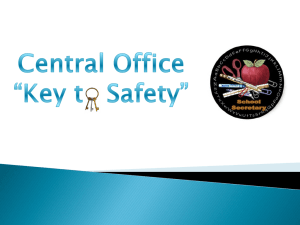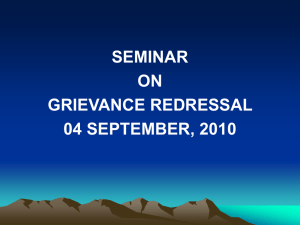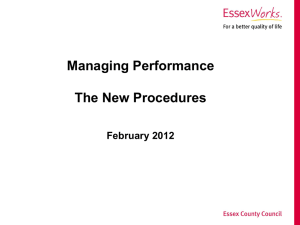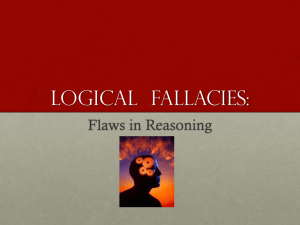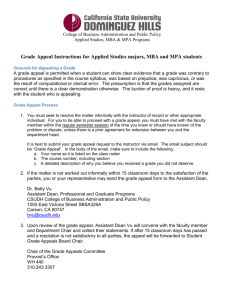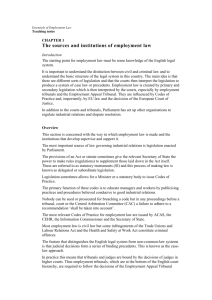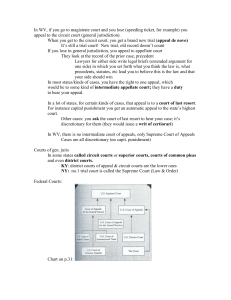MARCONI VS ANDERSON
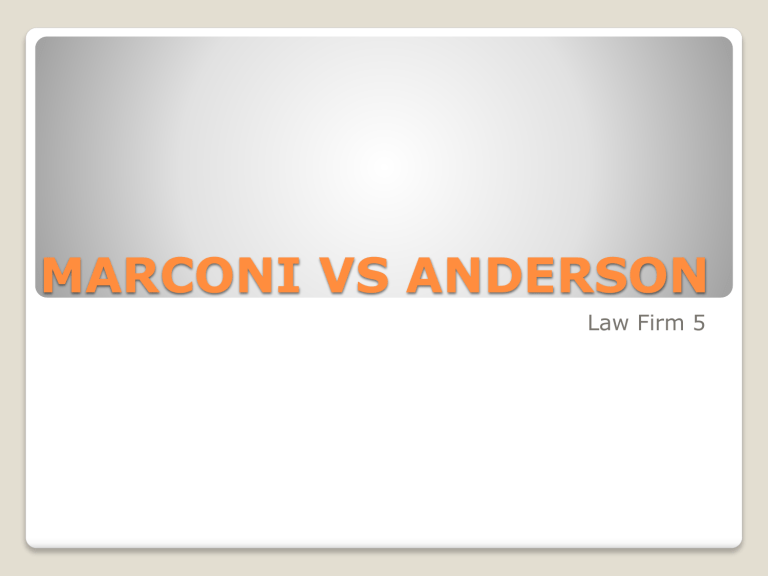
MARCONI VS ANDERSON
Law Firm 5
The Appeal
A party must have legitimate grounds to file an appeal
Both parties can appeal *Not for discontent with results
What is an appeal?
=Asking a higher court to request of a review of your case
Filing the appeal
If Anderson files the appeal
-He should go to the clerk of the trial within the prescribe time
FILING THE APPEAL INCLUDES
Pleadings, Transcript, Judges Rulings, Abstract, and Briefs and other trial related docs.
Apellate Review
Reviews the record for errors of law of hearings, not to hear evidence
A case can either be reversed, remanded or afirmed.
Ex. Appellate court afirmed( the law was practice well) that Marconi’s compensations was full equitable (GOOD) –
And denied Anderson’s appeal
The appellate court may remanded. Meaning that the judges may passed the appeal
Appeal to a Higher Appelate Court
Losing party may appeal to the highest state court
Enforcing the Judgment
It’s an assessment of the assets
The reason= to see if they are sufficient
(the factors before a lawsuit may be initiated)
Because of the advanced technology
The popularity of electronic filing is growing and some Federal Bankruptcy
Courts now requiring
Electronic Filing
Courts Online & Cyber Courts
Proceedings
A lot of courts have websites to display info:
Of their rulings, databases and court’s info.
Appellate court decisions are often posted online
In the future trial may be held online
ADR- Alternative Dispute
Resolution
NEGOTIATION
Informal attempt to settle dispute (attorneys optional) without legally binding concequences
MEDIATION
Facilitates that the parties come up with the resolution
(help to decide agreement) also not legally binding
Other types of ADR / ODR
There is assisted negotiation – third party participates (someone outside)
Neutral case evaluation – uses expert to evaluate strengths and weaknesses
Mini trial – role-play of how the trial most likely proceed
SJT’s – jury renders a non binding veredict (guide)
ODR- internet based resolution centers such as cybersettle.com




